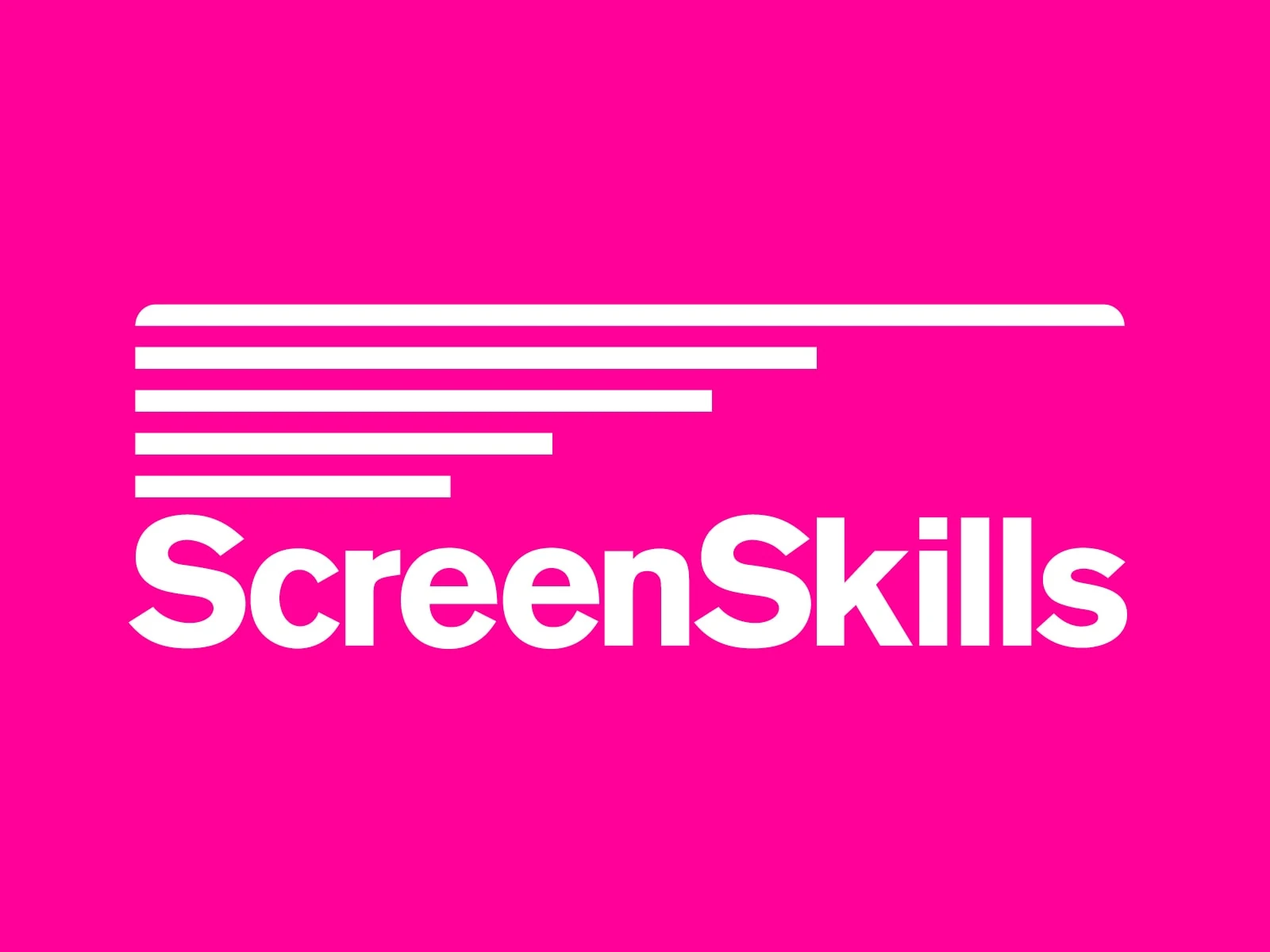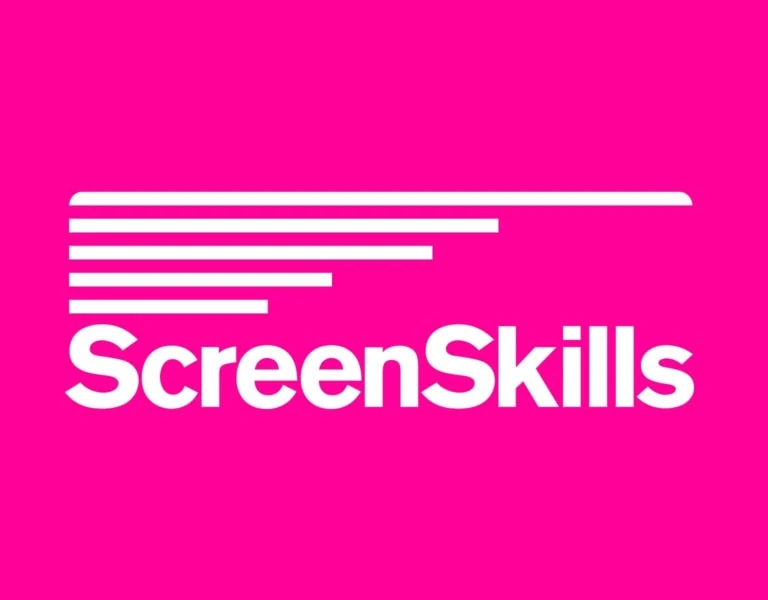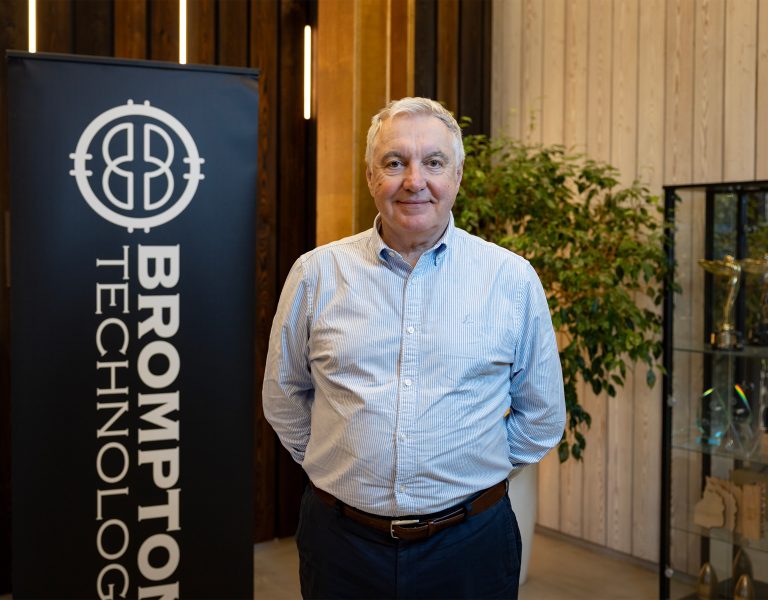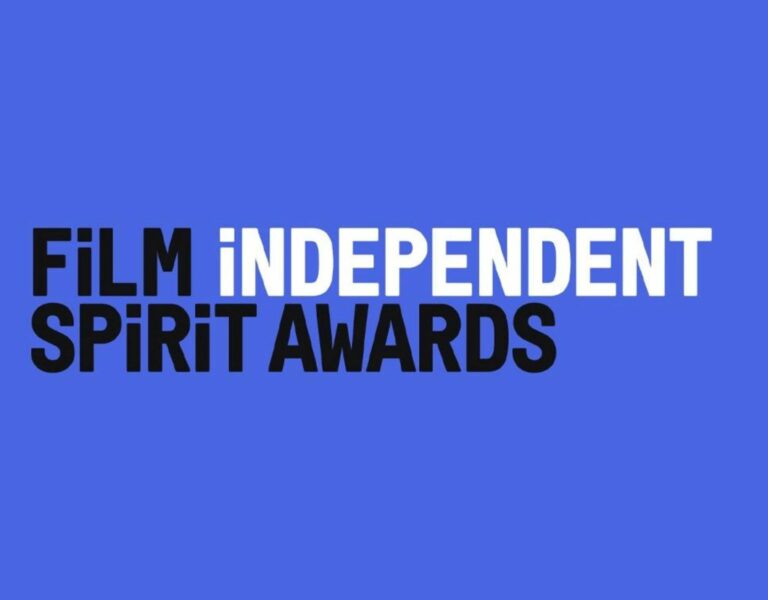 A new fund which will address skills gaps and shortages in unscripted television across the UK and build a bigger pool of off-screen crew and talent in the nations and regions has been announced by ScreenSkills with broadcasters, SVoDs and Pact.
A new fund which will address skills gaps and shortages in unscripted television across the UK and build a bigger pool of off-screen crew and talent in the nations and regions has been announced by ScreenSkills with broadcasters, SVoDs and Pact.
The new Unscripted TV Skills Fund will invest matched contributions from broadcasters and productions to address skills shortages, build a more inclusive workforce and future-proof the industry in a move designed to benefit all unscripted production. The BBC and Channel 4 are recognised as founding investors, having provided significant upfront investment for the first two years to enable the fund to launch successfully and to kickstart training activities and interventions right from the beginning. The BBC and Channel 4 will have approval on the prioritisation of the training supported by this transitional funding. Both supported training for unscripted TV for many years through the existing TV Skills Fund.
A number of broadcasters have also contributed significantly to the development of the fund and are signing up to the principles from the start. The founding partners are Sky, A+E Networks UK and Discovery UK along with the BBC and Channel 4. Pact has been on board from the outset and taken part in the consultations over addressing concerns at the availability of a skilled workforce. Talks across industry have taken place for more than three years.
The benefit to producers should be a stronger supply of trained professionals in key shortage roles across areas including production management, development, self-shooting skills and post-production. Freelancers working in all genres of unscripted TV will benefit from a rolling slate of short courses.
A minimum of 50% of the fund will be invested to support training beneficiaries based in the nations and regions, rising to 100% in specific shortage areas. The BBC and Channel 4 have asked for 100% of their broadcaster investment to be made outside of London to support skills gaps in the nations and regions, which means it will be much higher. BBC Studios has requested that 75% of its contribution be invested outside London. Half of the membership of the council and of working groups will come from out of London and a minimum of 50% of the spend on training providers will go to out of London trainers.
A minimum of 50% of beneficiaries will meet at least one industry-recognised diversity and inclusion target.
The Unscripted TV Skills Fund will supersede the existing ScreenSkills TV Skills Fund, which has relied on broadcaster contributions alone, and the Indie Training Fund, which has been supported by indie contributions. Expertise from both funds will be absorbed into the new one.
Contributions to ScreenSkills for investment in training for roles in unscripted television have fallen in recent years in comparison with parts of the screen industries that benefit from tax relief, such as high-end TV. Financial modelling indicated the fund could raise in the region of £3 million a year by 2024 against contributions of around £370,000 to the existing TV Skills Fund. This timeline may be affected by the pandemic and will depend on the commitment across the whole of industry.
Contributions will be shared between production companies and broadcasters/SVoDs. Production contributions will be due when a programme is delivered and will only relate to productions commissioned after the official launch of the fund on 1 June.
Seetha Kumar, CEO, ScreenSkills, said: “The new Unscripted TV Skills Fund sees the industry acting collectively and strategically to address acknowledged skills shortages and to achieve access, and effective progression of an inclusive workforce. This is the right thing to do if we are to walk the walk on equal access for crew and talent to support production in all parts of the UK and maintain the standards of excellence for which we are world-renowned.”
Richard Johnston, ScreenSkills chair and former CEO Endemol Shine UK, said: “Establishing a properly financed fund that enables our world-leading non-scripted TV industry to take a long-term, strategic and coordinated approach to skills and inclusion has been a personal mission for the last three years, and I couldn’t be more delighted that we’re finally launching. Huge thanks go to BBC, Channel 4 and Pact for getting behind this from the start and showing what the industry can achieve when we work together.”











